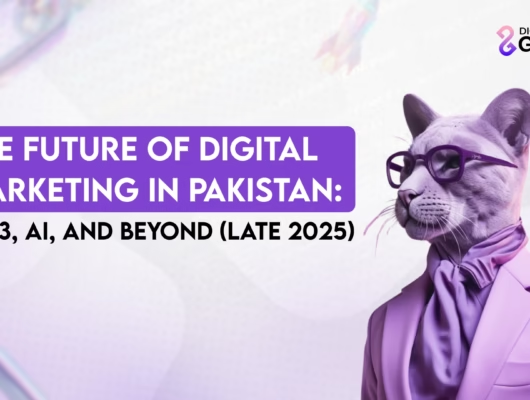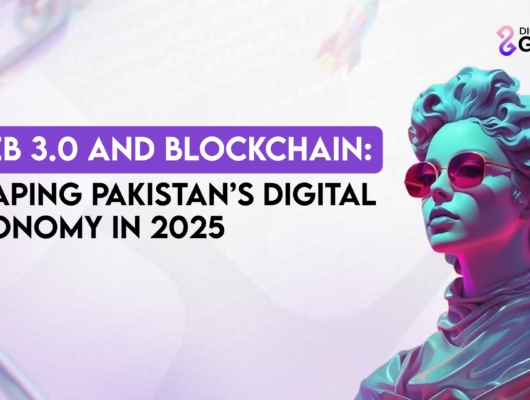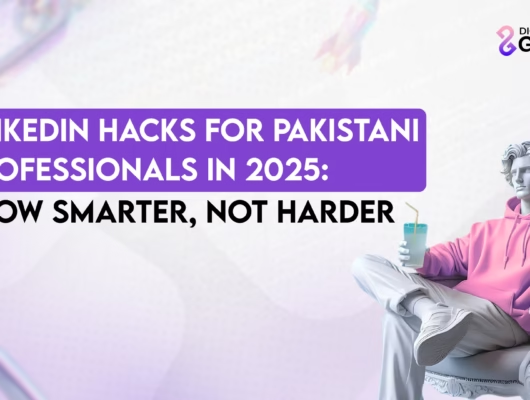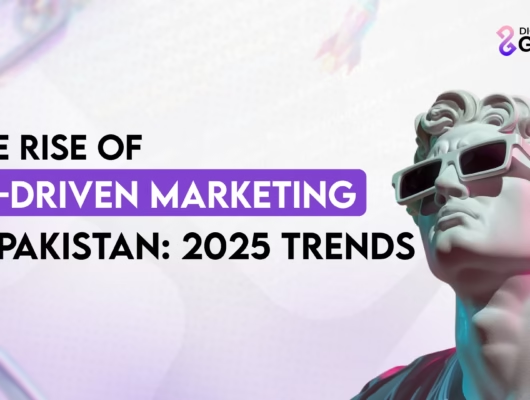As we move into 2025, small businesses are increasingly recognizing the immense value of influencer marketing as a powerful tool to boost brand awareness, engage with their target audience, and drive sales.
Over the past few years, influencer marketing has evolved significantly, adapting to shifts in consumer behavior, technological advancements, and changing social media trends. Today, influencers are no longer just celebrities with massive followings; micro and nano influencers individuals with smaller, but highly engaged audiences are playing a key role in helping brands reach their ideal customers.
This shift has made influencer marketing more accessible and effective for small businesses, allowing them to connect with niche markets in a more authentic and personal way. As the digital landscape continues to evolve, influencer marketing holds even more potential for small businesses looking to stay competitive, build trust, and create meaningful relationships with customers in 2025 and beyond.
Cost-Effective Advertising
Influencer marketing is an affordable way for small businesses to promote their products. By working with micro or nano influencers, who have smaller but loyal followings, businesses can reach targeted audiences without spending large amounts of money. These influencers often charge lower fees compared to traditional advertising channels, like TV or print ads.
Their engaged audience values their recommendations, making the marketing efforts more impactful. In 2025, this approach will remain cost-effective, providing small businesses with a high return on investment by promoting their brand to the right people, at a fraction of the cost.
Building Trust and Credibility
Influencers have established strong, trusting relationships with their followers. When they recommend a product or service, their audience sees it as a genuine endorsement rather than just an advertisement. This makes influencer marketing especially powerful for small businesses trying to gain credibility.
In 2025, customers are more likely to trust personal recommendations from influencers they follow than traditional ads. By partnering with the right influencers, small businesses can quickly build trust, gain positive attention, and strengthen their reputation in the market.
Targeted Audience Reach
Influencers often have niche audiences, which makes it easier for small businesses to connect with the right people. Whether targeting specific interests like fitness, beauty, or technology, influencers can help businesses reach an audience that’s more likely to engage with their products.
In 2025, this targeted approach will continue to be an advantage for small businesses, allowing them to focus on the customers most relevant to their brand. By collaborating with influencers who share similar interests or demographics, businesses can ensure their message reaches the people who are most likely to convert into loyal customers.
Improved Conversion Rates
Influencer marketing can really help boost sales by making followers feel more trusted and excited to buy. Influencers often share special discount codes, exclusive deals, or links that make it easy for businesses to track who’s making a purchase. Because their followers trust their opinions, they’re more likely to act on their recommendations.
As more people look to influencers for advice, small businesses will see more sales and engagement in 2025. By working with influencers who truly believe in their products, businesses can turn their audience into loyal customers.
Is influencer marketing the future of marketing?
Influencer marketing is quickly becoming a key part of the future of marketing, but it won’t completely replace traditional methods. As consumers change, they are looking for more authentic and relatable experiences. Influencers, especially those with smaller but highly engaged audiences, allow brands to connect with their followers on a deeper level. Their recommendations often feel more genuine than regular ads, which can sometimes feel distant or forced.
Looking ahead, influencer marketing will continue to grow with the help of new technology and social media tools. Influencers will have more ways to create engaging content that their followers connect with. This will help businesses target specific groups more effectively, increasing both brand awareness and sales.
However, influencer marketing won’t take over all marketing strategies. The best approach will combine influencer marketing with traditional methods like SEO, content marketing, and paid ads. By blending these methods, businesses can reach a wider audience while keeping their marketing authentic and trustworthy, which will help them stand out in a crowded digital world.






